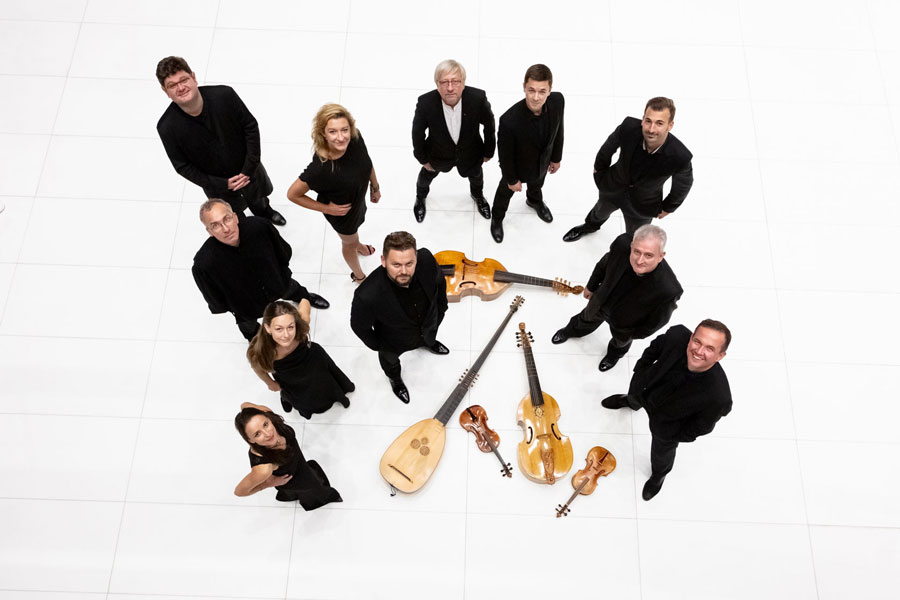Giovanni Pierluigi da Palestrina is one of the greatest composers of the Renaissance. He was a representative of the Roman school, a stylistic trend implementing into music the assumptions of the Council of Trent. Composers from this circle focused on the greatest possible restraint of emotions, balance and perfect proportions as well as clarity in the communication of the text.
Palestrina’s monumental and quantitatively numerous achievements in composing for years have been considered by the researchers to be an exemplary embodiment of these ideals. Exactly for the same reason, the composer’s work is dominated by religious content, in which the listener will seek stronger emotions in vain, nor is it replete with innovative solutions or complex polyphony, which, according to church officials, fooled the senses and led the faithful away from prayer. A unique position in Palestrina’s oeuvre is the collection of Canticum canticorum based on Songs of Songs, written in 1584 and dedicated to Pope Gregory XIII.
Palestrina’s work consists of 29 five-part motets. The quite obviously erotic relationship between husband and wife was read by the Church as the covenant of Israel with God. For the Italian composer, the concept of divine love became a pretext to create a work full of emotional heat, light years away in expression from ecclesiastical severity, with which listeners used to associate his works. The performance of selected motets from the Canticum canticorum collection will be a great opportunity to hear live one of the most respected works of the Renaissance master.

